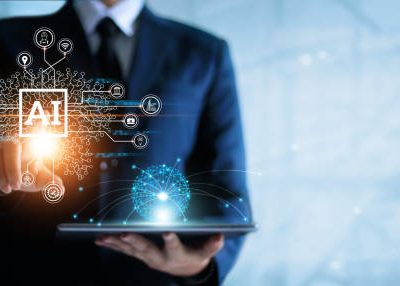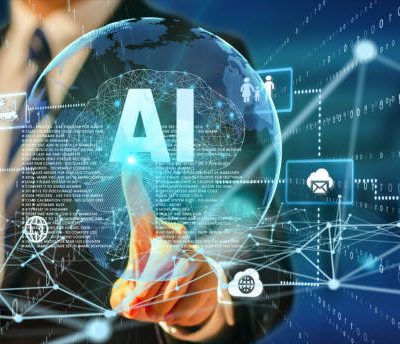Introduction:
Artificial Intelligence (AI) has been making significant progress in recent years and is increasingly being adopted by various industries to improve efficiency and drive innovation. From healthcare to finance, AI is being leveraged to solve complex problems and streamline processes. In this article, we will explore the various applications of AI in different industries and how they are transforming the way we live and work.
Healthcare
AI has the potential to revolutionize the healthcare industry by improving patient outcomes, reducing costs, and streamlining processes. Some of the applications of AI in healthcare include:
Diagnosis and Treatment
AI-powered tools can help doctors diagnose diseases more accurately and recommend treatments faster. AI algorithms can also assist in drug discovery and clinical trials.
Clinical Decision Making
AI can help doctors make informed decisions by analyzing large amounts of patient data and providing relevant insights. It can also help in predicting disease outbreaks and monitoring the spread of infectious diseases.
Remote Monitoring
AI-powered devices and sensors can be used to monitor patients remotely, allowing healthcare professionals to keep track of their health and provide timely interventions when needed.
Finance
The finance industry is also embracing AI to improve processes, reduce costs, and enhance customer experience. Some of the applications of AI in finance include:
Fraud Detection
AI algorithms can help financial institutions detect and prevent fraud by analyzing large amounts of data and flagging suspicious transactions.
Investment Management
AI can be used to analyze financial data and make informed investment decisions, reducing the risk of losses and increasing returns.
Customer Service
AI-powered chatbots and virtual assistants can provide customers with 24/7 support, reducing wait times and improving the overall customer experience.
Manufacturing
AI is also being adopted by the manufacturing industry to improve processes, increase efficiency, and reduce costs. Some of the applications of AI in manufacturing include:
Predictive Maintenance
AI algorithms can help predict equipment failures and schedule maintenance before they occur, reducing downtime and increasing efficiency.
Quality Control
AI can be used to inspect products for defects and ensure consistent quality, reducing the risk of defects and increasing customer satisfaction.
Supply Chain Management
AI can help manufacturers optimize their supply chain by analyzing data and making informed decisions, reducing costs and increasing efficiency.
Retail
The retail industry is leveraging AI to improve customer experience, increase sales, and streamline operations. Some of the applications of AI in retail include:
Personalization
AI can be used to provide customers with personalized recommendations and promotions based on their shopping history and preferences, increasing sales and customer loyalty.
Inventory Management
AI algorithms can help retailers optimize their inventory management by analyzing sales data and predicting demand, reducing the risk of overstocking or stock shortages.
Customer Service
AI-powered chatbots and virtual assistants can provide customers with instant support, reducing wait times and improving the overall customer experience.
Conclusion:
AI is transforming the way we live and work by improving processes, reducing costs, and enhancing customer experience across different industries. From healthcare to finance, AI is being leveraged to solve complex problems and drive innovation. As AI continues to advance, we can expect to see even more applications in the future that will change the way we interact with technology.



